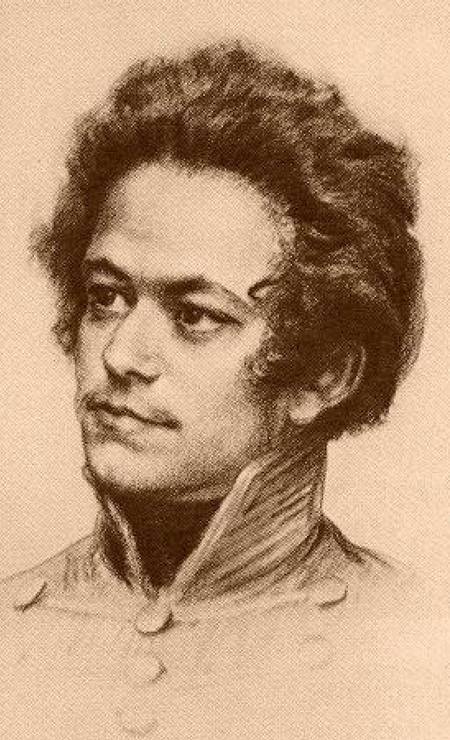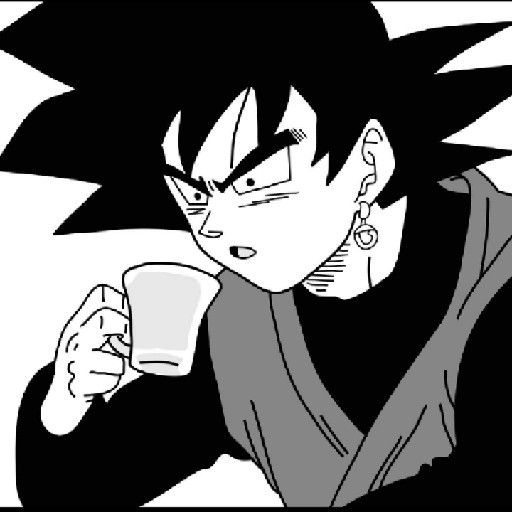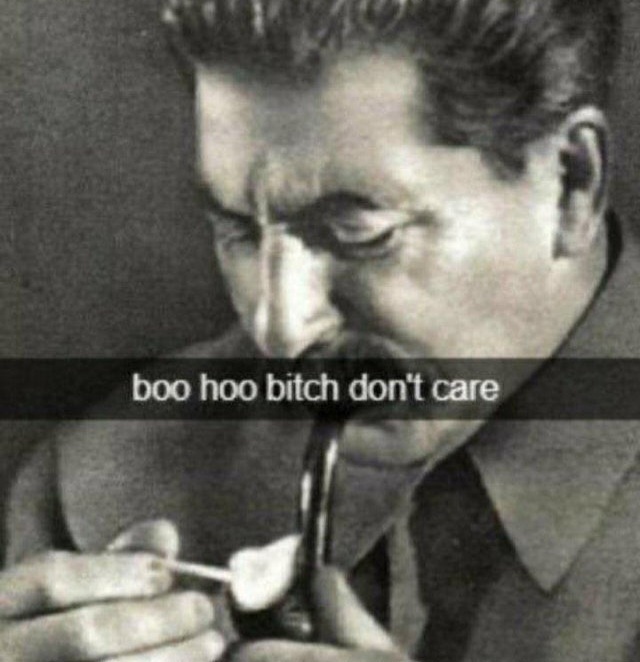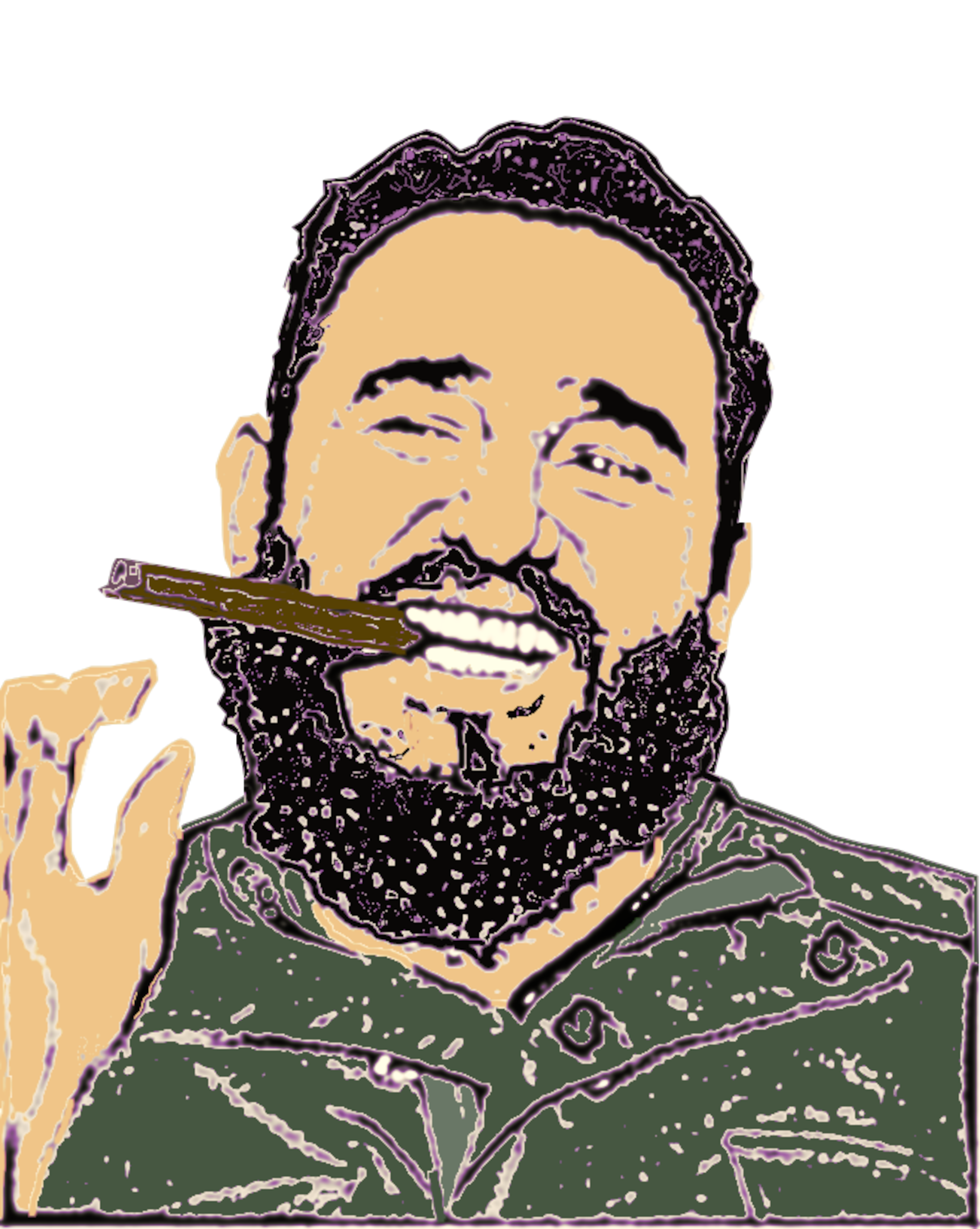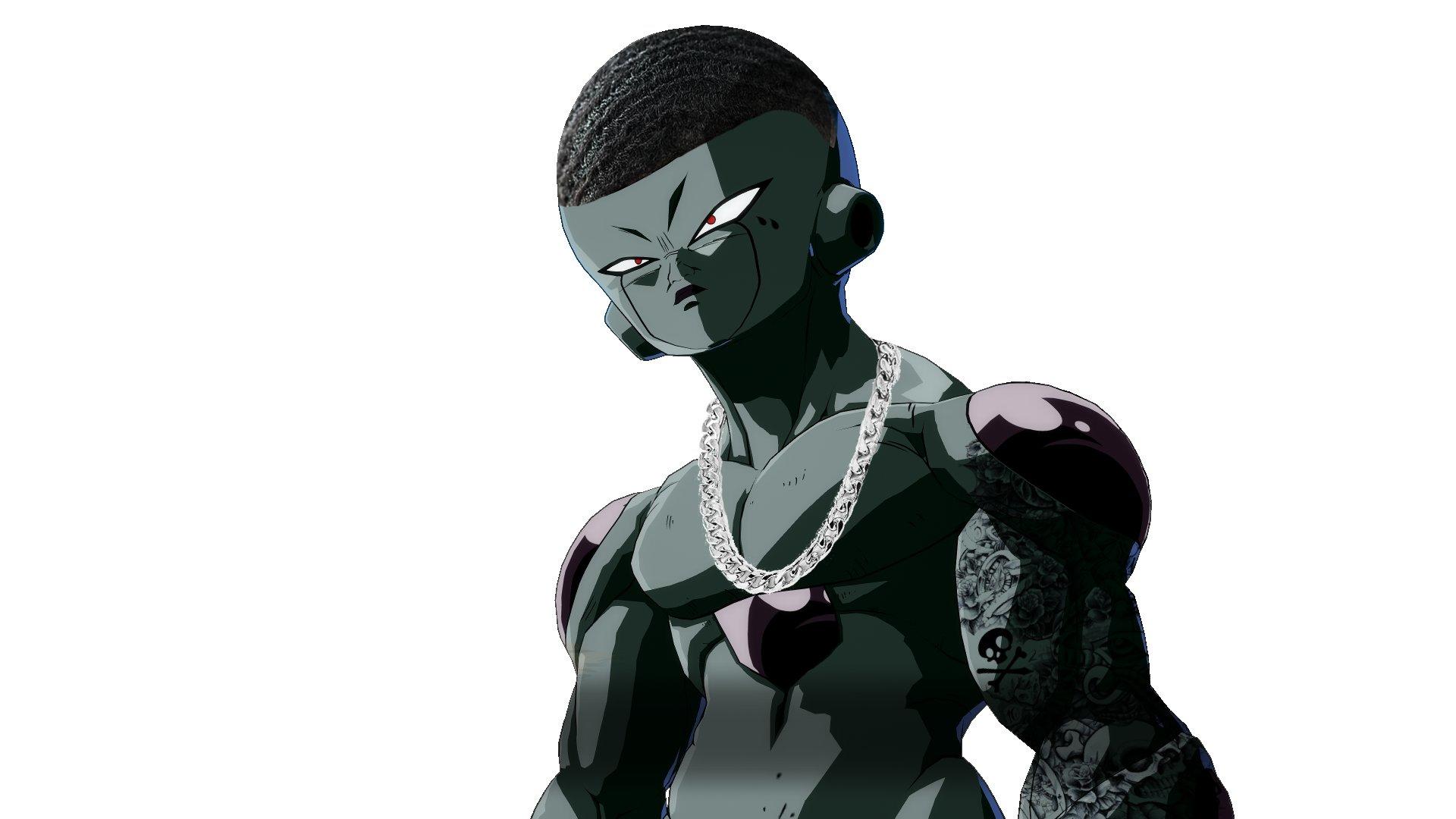We know the heads of Marxism are usually Marx, Engels and Lenin, often plus Stalin and Mao.
![]()
![]()
![]()
But who would be the five heads of revolutionary liberalism (before it became a totally bankrupt, anti-emancipatory, status quo project)?
My suggestion: John Locke, Thomas Paine, Robespierre, Toussaint, & Simon Bolivar
Also considered: Oliver Cromwell and Garibaldi
Sorry, the leftists are claiming Tom Paine
Your list is more like the coolest liberals rather than the most representative. I'd sub in the Liberal Mao, George Washington
Marat should definitely be referenced too, hardline revolutionary until the very end.
Also Adam Smith when it comes to liberal economic theory
Smith has to be one. He's literally the father of capitalism, and viewed it as revolutionary against the existing feudal order.
The fact that the European empires later weaponized it as colonial enforcement and industrialization came along shortly afterwards to finish off what he viewed as a way for guildsman to control their own destinies is a tragedy beyond his control.
As far as the best liberalism had to offer, here's mine: Thomas Paine, Rousseau, Henry George. John Stuart Mill, Robespierre.
I feel like most of them could be comrades if push comes to shove, but they exemplify the liberalism I would more than happily live under
as much as I love Robespierre as a historical figure in the 'doing the shit that needs to be done' department, the guy was very anti left. the blooming beginings of French socialism and feminism had begun, and he absolutely tried to stamp those out
I think the lib pantheon is a little more crowded because their leaders are more often notable for either intellectual or political work rather than both, the way Lenin onward are. Early liberal revolutionaries didn't tend to write theory as significant or famous as that of their Enlightenment philosopher contemporaries, especially in Europe. Who in the modern day is reading Robespierre or Cromwell the way they would Smith or Ricardo? The United States had more crossover in fields though
Intellectually the 5 are probably John Locke, Adam Smith, Montesquieu, Rousseau, snd Voltaire. Maybe swap in James Madison, David Ricardo, or de Tocqueville for one of them.
For political leaders and revolutionaries, Oliver Cromwell, George Washington, Maximilien Robespierre, Simon Bolivar, Giuseppe Garibaldi.
That's an interesting observation. I wonder why theory and practice tend to go together for Marxist revolutionaries but not for liberal ones.
My idealistic guess would be the philosophical split between rationalism and empiricism, which is a lot less pronounced in Marxism. See: Where Do Correct Ideas Come From?
I don't know what material factors would influence this division
Locke or Hobbes, Rousseau, Olivar Cromwell, Robespierre, Napoleon add Simon Bolivar in the Mao position
Toussaint deserves to be on there, but Libs are not cool enough to deserve him
liberal revolutionary=/=good; it just means they represent the new upcoming class against the old ruling class
My thought was Cromwell established, though not long term, a government breaking with the feudal order.
True and bleak. Most countries formerly governed by ML parties are now led by capitalists. Let's hope their resurgence doesn't have the same longevity as the British monarchy.
he is undeniably the only leader to institute a formal codified constitution in Britain after the violent deposition of the monarchy, and his actions cemented the eventualities of the sovreignity of parliament. Washinton owned slaves, most French revolutionaries did not think too highly of the Haitian revolution, and Cromwell brutalised a rebelling Ireland. liberals do not see the contradiction in their ideals of maintaining the colonial order along side the claim all men are equal and free
Is Locke really that noteworthy? I haven't given him a serious read but from a skim he basically just seems like "The king shouldn't be allowed to take away my Funko Pops." Very proto-liberal compared to other figures like Montesquieu ("The Spirit of Laws") or Rousseau ("The Social Contract"), which, sure, are idealist slop, but actually have something resembling a vision for society.
T-Paine definitely makes the cut.
Locke is important for understanding the ideological justifications that the liberals themselves used to underpin their political projects. That's about it. A material analysis will otherwise give a much better understanding of the historical conditions that created liberalism, which is really just the bourgeoisie trying, successfully, to wrestle power away from the aristocracy. Whatever they said about Locke or Rousseau was just in service of that in the end.
Locke argues for the right to revolt against unjust sovereigns (I sometimes joke that Mao was paraphrasing Lock when he said "it is right to rebel").
His theory of the right to property ownership being justified by "improvement" is essential in the development of bourgeois ideological hegemony (which includes that the bourgeoisie are more fit to rule than feudal landlords: compare Smith) and rationalizing settler-colonialism in the liberal world view.
Some late night talk show host would be on there for sure
Jay Leno from how much of a toady for the corporates he's been over his career
I will never forgive him for screwing O'Brien, lib though the latter may be. (It's principle for me-- I never found Leno funny; and at least Conan can get a couple snorts out of me.)
EDIT: NO WAIT JON STEWART
Montesquieu, Locke, Robespierre, Washington, and The Poster Reading This 🫵
Probably it would end with like Bernie or some libshit like that, beside him is probably some European libshit like Macron, then like three older presidents of maybe Sweden or something
I wouldn't consider them revolutionaries, but if you extend into the moribund period of liberalism then for sure



